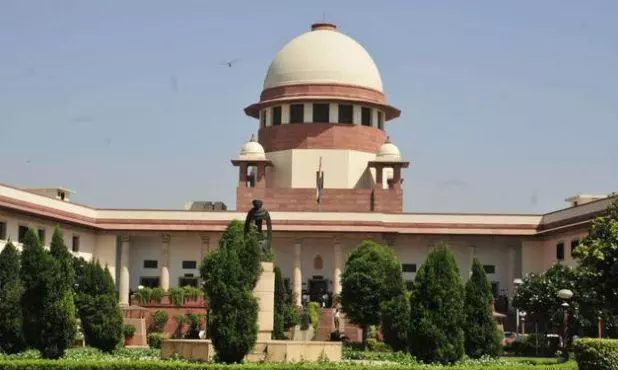DC Edit | Careful Relook Is Needed at Judicial Appointments
Yashwant Varma’s case reignites discussions on transparency in judicial appointments and the future of the NJAC Act.;

The discovery of burnt bundles of Indian currency notes from the official residence of Yashwant Varma, a judge of the Delhi High Court, has triggered widespread discussions on the accountability of the judiciary and the transparency of the process to select persons to run a powerful arm of our democratic government. It has also rekindled the debate on the fate the 2015 National Judicial Appointments Committee (NJAC) Act.
Constitution-makers were unequivocal on the role of the executive in judicial appointments while conceding some space to the judiciary. Articles 124 and 217 of the Constitution, which deal with the structure of the constitutional courts have mandated that the Chief Justice of India (CJI) would be consulted in the appointments in the Supreme Court and he, along with the chief justices of the high courts, will participate in the appointments in high courts. The Supreme Court, through its judgments over a period of time, have made it mandatory for the government to appoint such persons the judiciary would recommend and set up a new institution called collegium for doing the job.
Though it has no sanction of the Constitution or the law, the collegium appears to have come to stay.
While the proponents of the collegium system themselves admit that it is not the best, they rue that the country has not come up with a better mechanism.
The NJAC was an attempt to set up a more transparent one whereby a commission, headed by the CJI, would make the recommendations instead of an all-judge collegium. The commission would have two more judges from the Supreme Court apart from the law minister and two members, who would be nominated by a committee comprising the Prime Minister, the CJI and the leader of the Opposition. The NJAC sought to maintain the primacy of the apex court in the selection of judges but gave a say to the executive and the legislature.
But the Constitution amendment, passed almost unanimously by both houses of Parliament and 16 state Assemblies, was struck down by the Supreme Court, which held that it compromised the independence of the judiciary.
As a democratic nation which bases its governance on a constitution, a living document, people will keep thinking of mechanisms that can improve existing systems. The collegium system did end the monopoly the executive had on judicial appointments but it transferred it to itself. The NJAC act was a balanced one which would have made the process a lot more transparent than what exists today.
There must be discussions on how to reform the whole process, but the discussions initiated by Vice President and Rajya Sabha Chairman Jagdeep Dhankhar on the topic could trigger the suspicion that the government is pushing its agenda on the judiciary. This is best avoided. True, our legislature must discuss further reforms in the judiciary but it should be conducted on a more appropriate occasion and in a more measured way.

